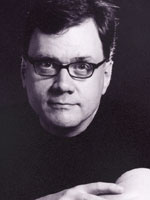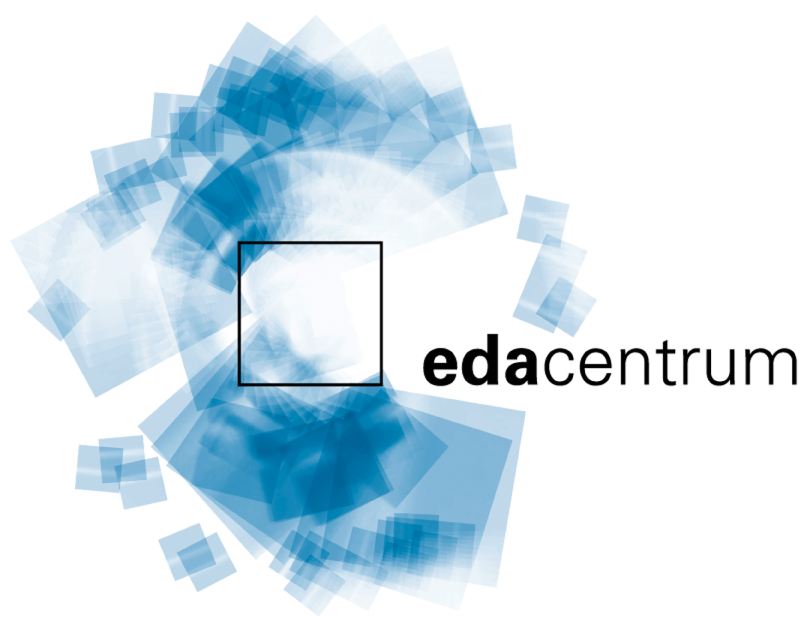Analog EDA and the Path to Practical Analog IP
Rob Rutenbar, Stephen Jatras Professor of Electrical and Computer Engineering Carnegie Mellon University
Abstract
Most modern System-on-Chip (SoC) designs will soon be mixed-signal designs. This should come as no surprise: a few million gates worth of fast digital computation on a chip is much more useful if it can communicate with the external world, and the world is a continuous-valued analog place. Since analog circuits exploit rather than avoid the low-level physics of the fabrication process, they remain painful to design, to validate, and to reuse. Classical analog design (one transistor at a time) is incompatible with our desire to integrate more analog on chip, and to design each chip quickly. This talk describes the evolution of practical analog synthesis tools, which are now poised to give analog designers the same producivity boosts that logic synthesis gave digital designers. We will also describe how synthesis enables reuse, and gives us the first practical approach to analog intellectual property (IP).
Curriculum Vitae

